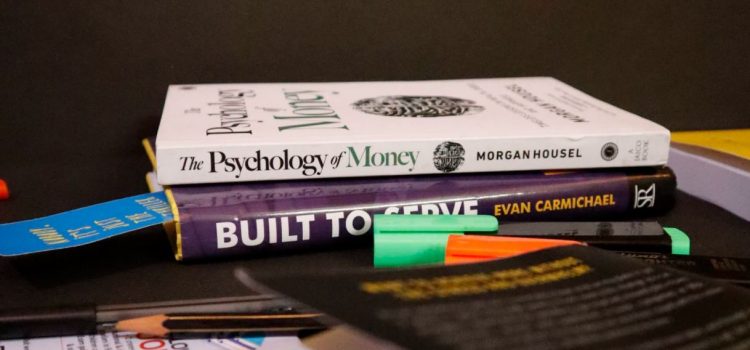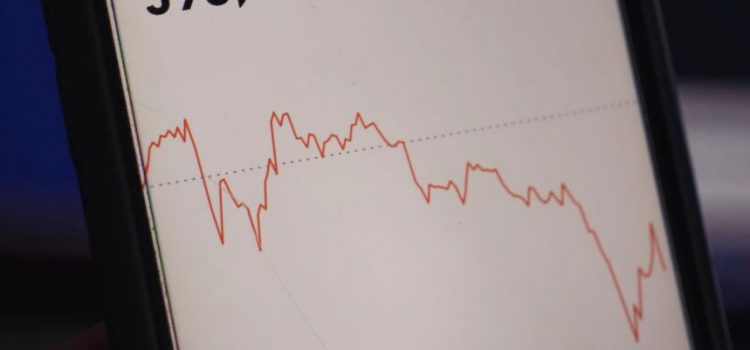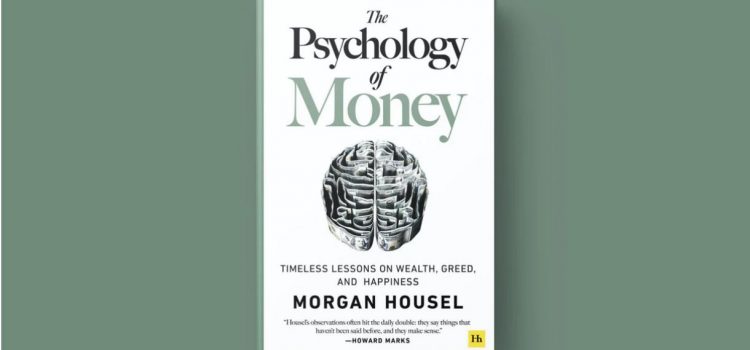What is the best way to pay for a house? Why is it smarter for you to make an all-cash offer on your house? In the book Buy, Rehab, Rent, Refinance, Repeat, real estate agent David M. Greene says that sellers are more inclined to accept all-cash offers on houses. Compared to your competition, you don’t have to worry about pulling out because of loans, appraisals, or possible inspections. Continue reading to learn why making an all-cash offers on a house is the smarter way to buy and invest.
Why All-Cash Offers on Houses Are Attractive to Sellers










